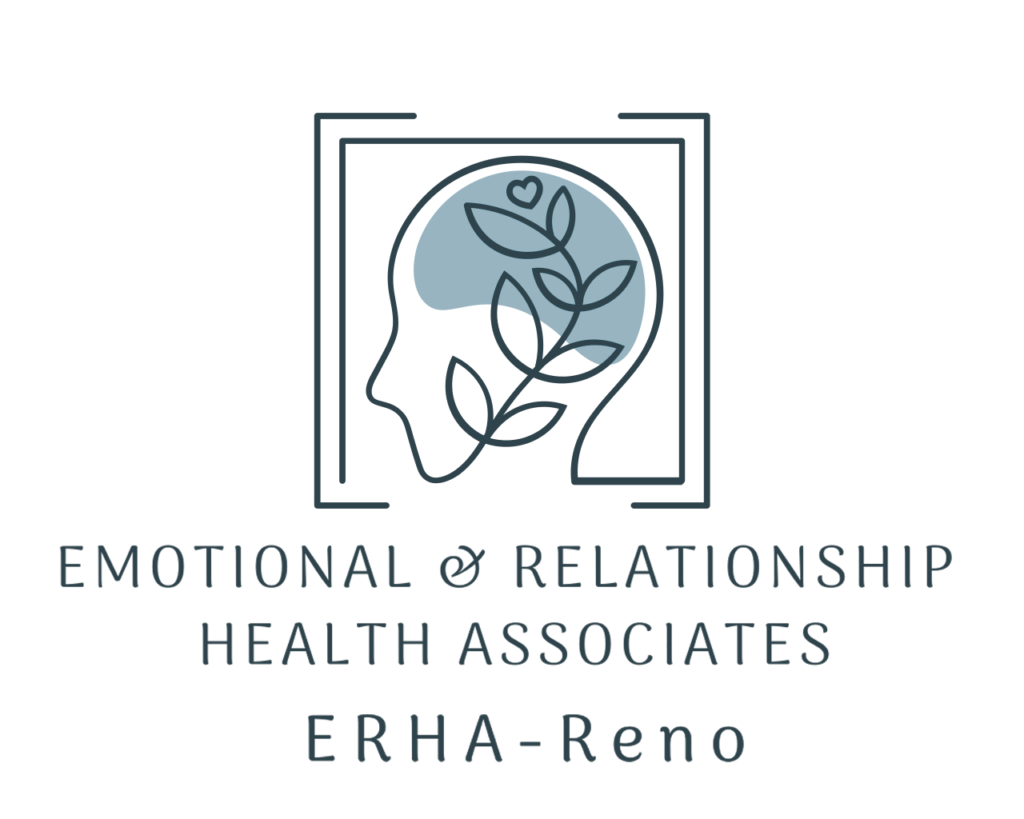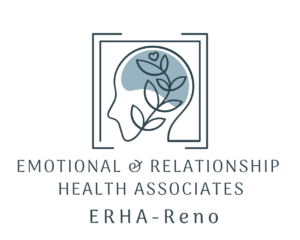
Relationship Counseling in Reno: Support for Healthy Relationships
Relationship Counseling in Reno: Support for Healthy Relationships
Our therapists in Reno provide skilled relationship counseling, where individuals and couples can explore and enhance their emotional connections within the framework of attachment-science-based therapy.
What is Relationship Counseling?
Relationship counseling is an intentional, focused, structured process. One where clients engage with a therapist to dissect and address the nuances of their relationship. It’s a chance to look, without judgment or side-taking, at the emotional undercurrents that influence relationship functioning. In a safe, accepting therapeutic setting, couples experience articulating their feelings, listening and being listened to, and validating each other’s experiences. Very importantly, this process is not about assigning blame. Rather, it is about discovering, distilling and uncovering. Specifically, uncovering how each partner’s early experiences and the behaviors these experiences have shaped contribute to how they show up in relationship. It’s a step toward mutual understanding and empathy, providing a foundation for more authentic and supportive interactions. By participating in counseling, couples commit to a journey of self-discovery and joint growth, laying the groundwork for a more resilient and fulfilling partnership.
Benefits of Relationship Counseling
Improved Communication
One of the primary benefits of relationship counseling is the enhancement of communication skills. Counselors facilitate discussions that help partners articulate their needs, fears, and desires more clearly, fostering a deeper understanding. This process is crucial for breaking down walls of misunderstanding and building bridges of care. In this way couples learn not just to talk but to communicate with intention, listening not only to words but to the emotions and meanings beneath them. This heightened level of communication fosters a sense of closeness and trust, enabling partners to express themselves freely and understand each other on a more profound level.
Conflict Resolution Skills
Effective conflict resolution is another significant benefit of relationship counseling. With this aim, couples learn to approach disagreements with a mindset geared toward resolution and mutual understanding rather than victory. The counselor introduces strategies to de-escalate tensions, promote constructive dialogue, and explore underlying issues contributing to conflicts. This approach helps partners see conflicts as joint problems to solve rather than battles to win, shifting the dynamics from adversarial to collaborative. As couples develop these skills, they find that conflicts become less frequent and less intense, and they’re able to navigate disagreements with greater ease and understanding.
How Relationship Counseling Works
Understanding the Issues
The initial phase of relationship counseling involves delving into the couple’s history, individual backgrounds, and the specific challenges they face. This exploration is guided by the principles of attachment-science-based therapy, which emphasizes the importance of secure emotional bonds. The therapist helps the couple identify patterns of interaction that may be rooted in their attachment styles, offering insights into how these patterns influence their relationship. This phase is crucial for setting the stage for meaningful change, as it lays bare the dynamics that need addressing. By gaining a comprehensive understanding of the issues at hand, couples and therapists can collaboratively devise a path forward that honors each partner’s needs and the relationship’s potential for growth.
Developing Action Plans
With a clear understanding of the relationship’s dynamics, couples move on to developing actionable strategies to address their challenges. These plans are tailored to the couple’s unique situation, focusing on fostering secure, supportive interactions based on attachment science. Goals always include enhancing emotional availability, improving responsiveness, and creating a more secure attachment bond. The therapist works closely with the couple, providing guidance, support, and feedback as they experiment with new ways of relating to each other. This phase is dynamic and interactive, with the therapist adapting strategies as the couple evolves, ensuring that the action plans remain relevant and effective in promoting healthy, lasting changes in the relationship.
Finding the Right Counselor
Selecting a therapist who aligns with your values and understands the nuances of your relationship is pivotal. In Reno, where we practice attachment-science-based therapy, it’s essential to find a counselor with expertise in working with relationships. Our approach at Emotional & Relationship Counseling Associates, focuses on building and reinforcing secure attachment bonds, a fundamental aspect of healthy relationships. When choosing a counselor, consider their background in attachment theory, their experience with couples, and their approach to therapy. It’s often helpful to schedule an initial consultation to gauge the therapist’s compatibility with your needs and to discuss your goals for counseling. The right therapist should provide a safe, non-judgmental space where both partners feel comfortable and supported, fostering open communication and genuine progress in the relationship. In this supportive environment, couples can explore their dynamics, address their challenges, and work collaboratively towards a stronger, more connected partnership.

